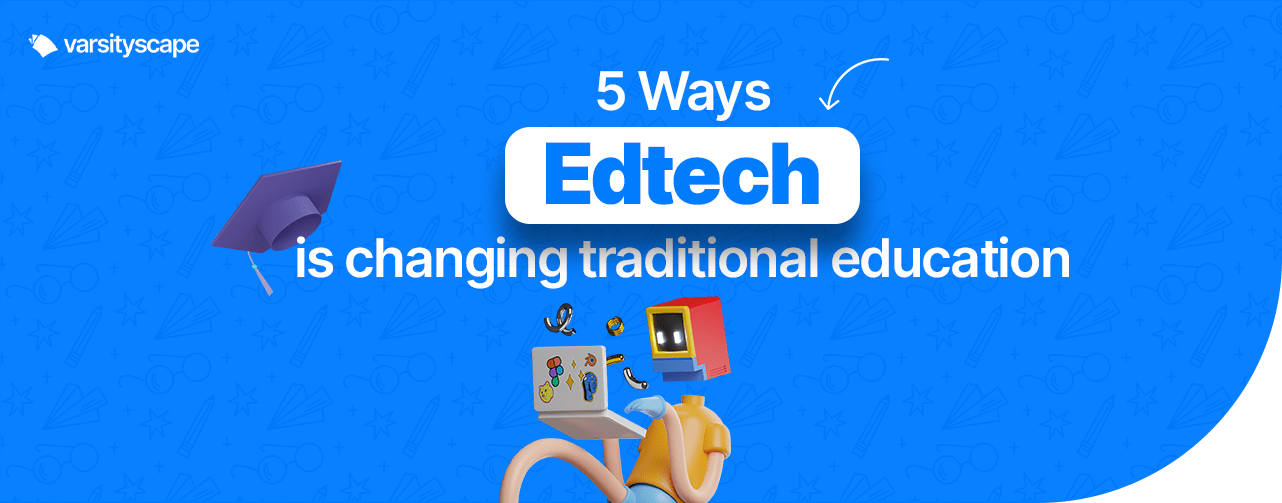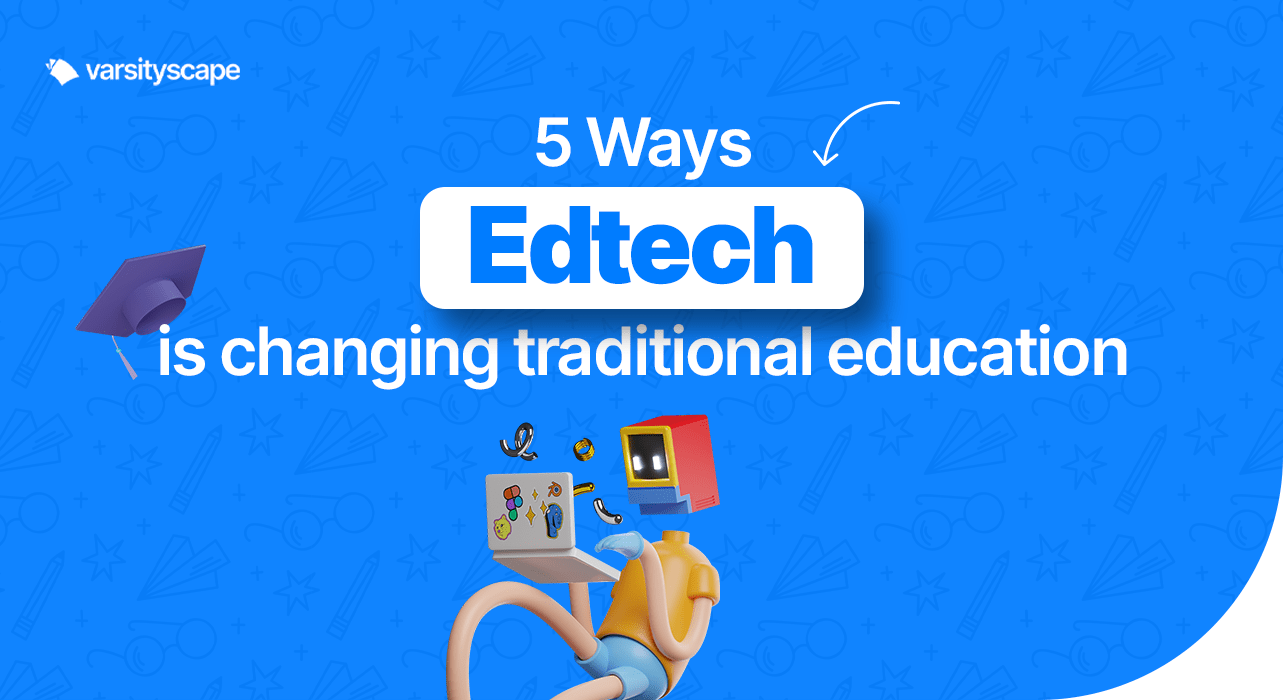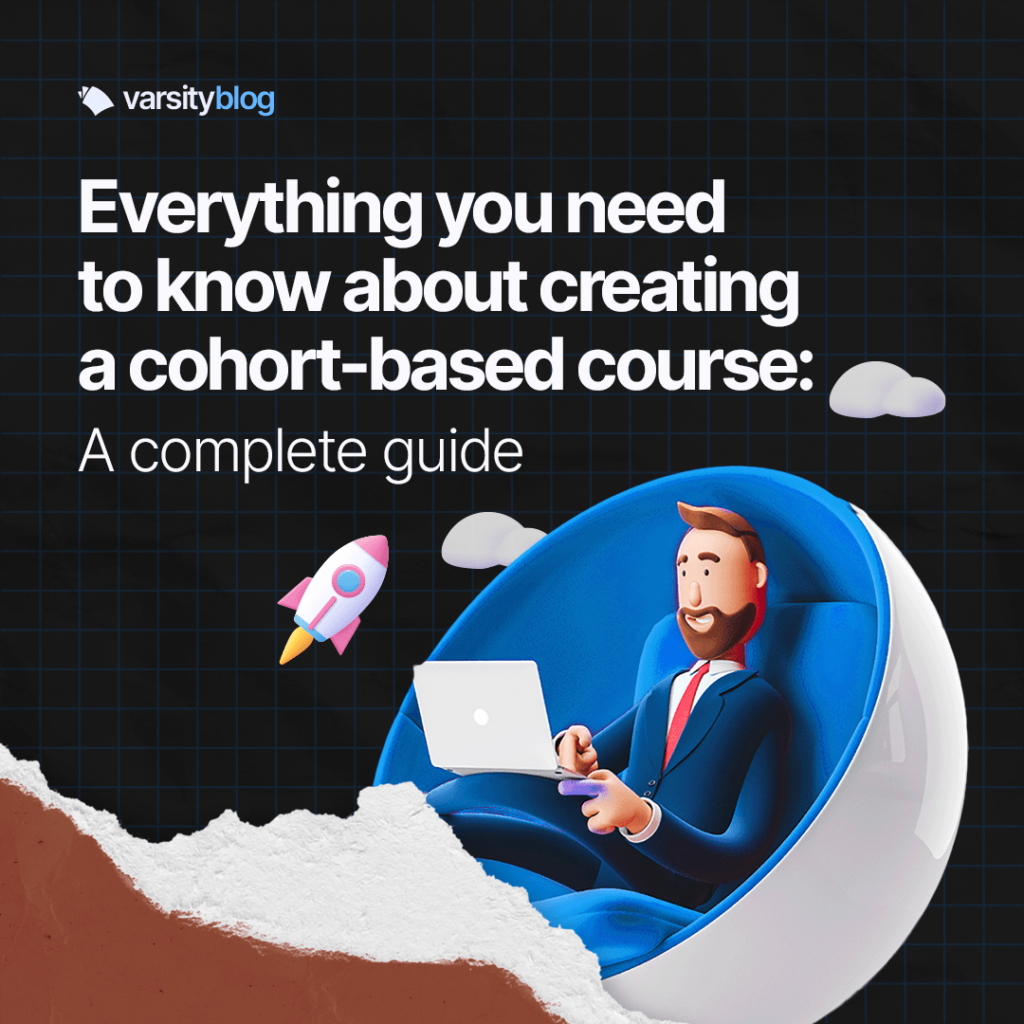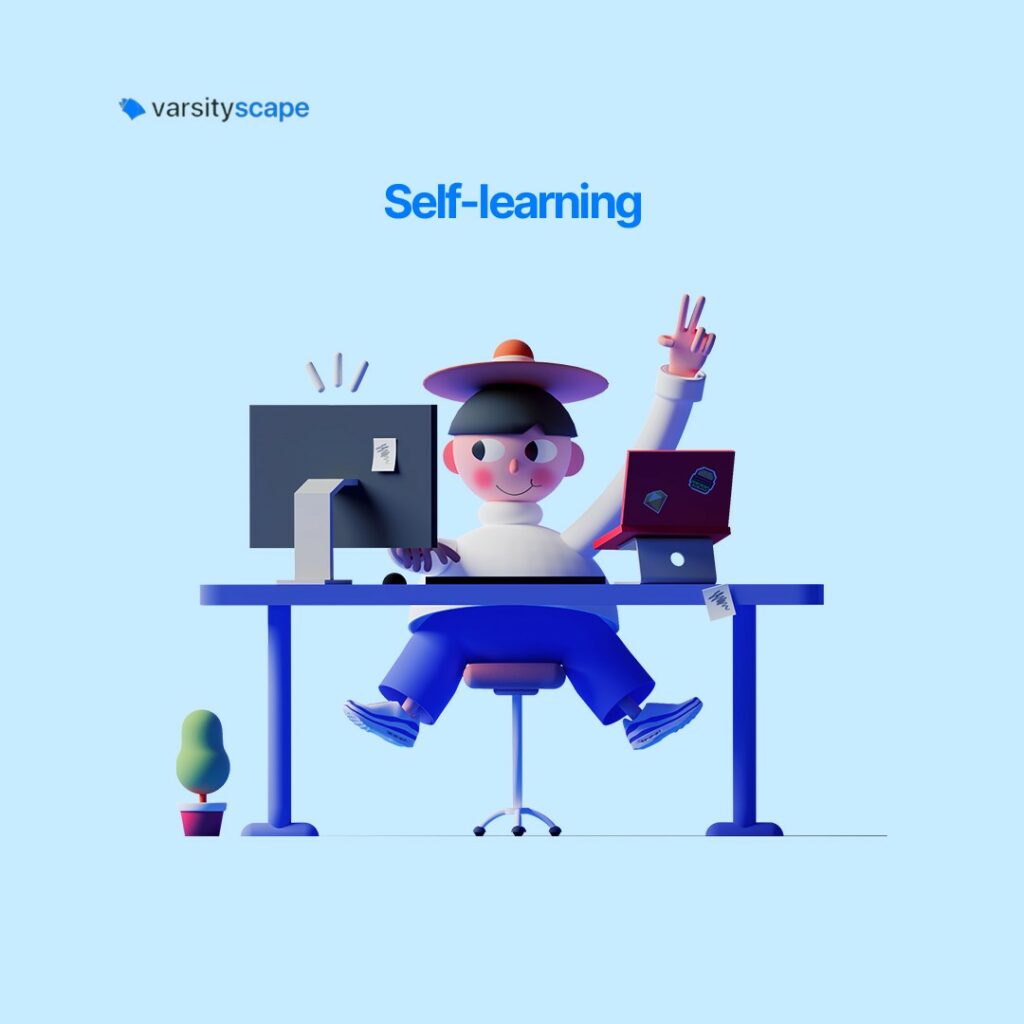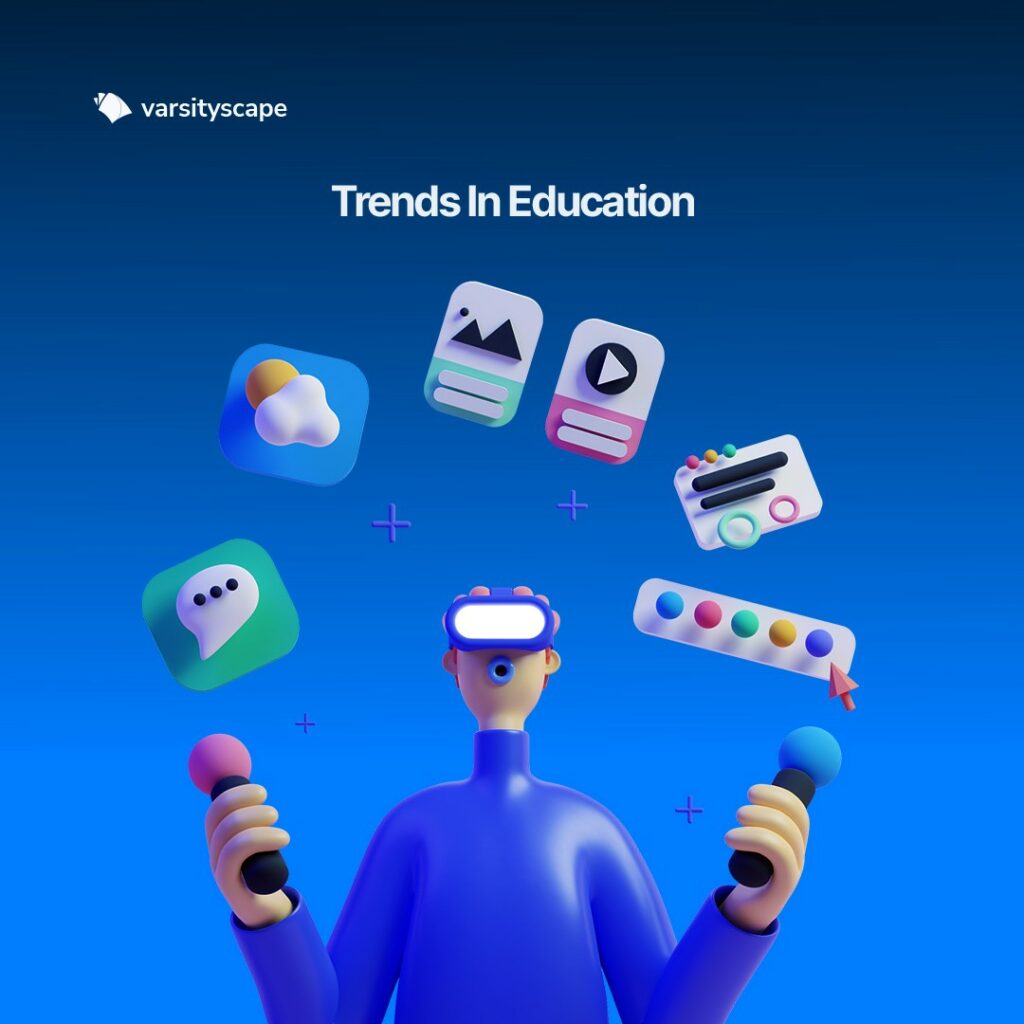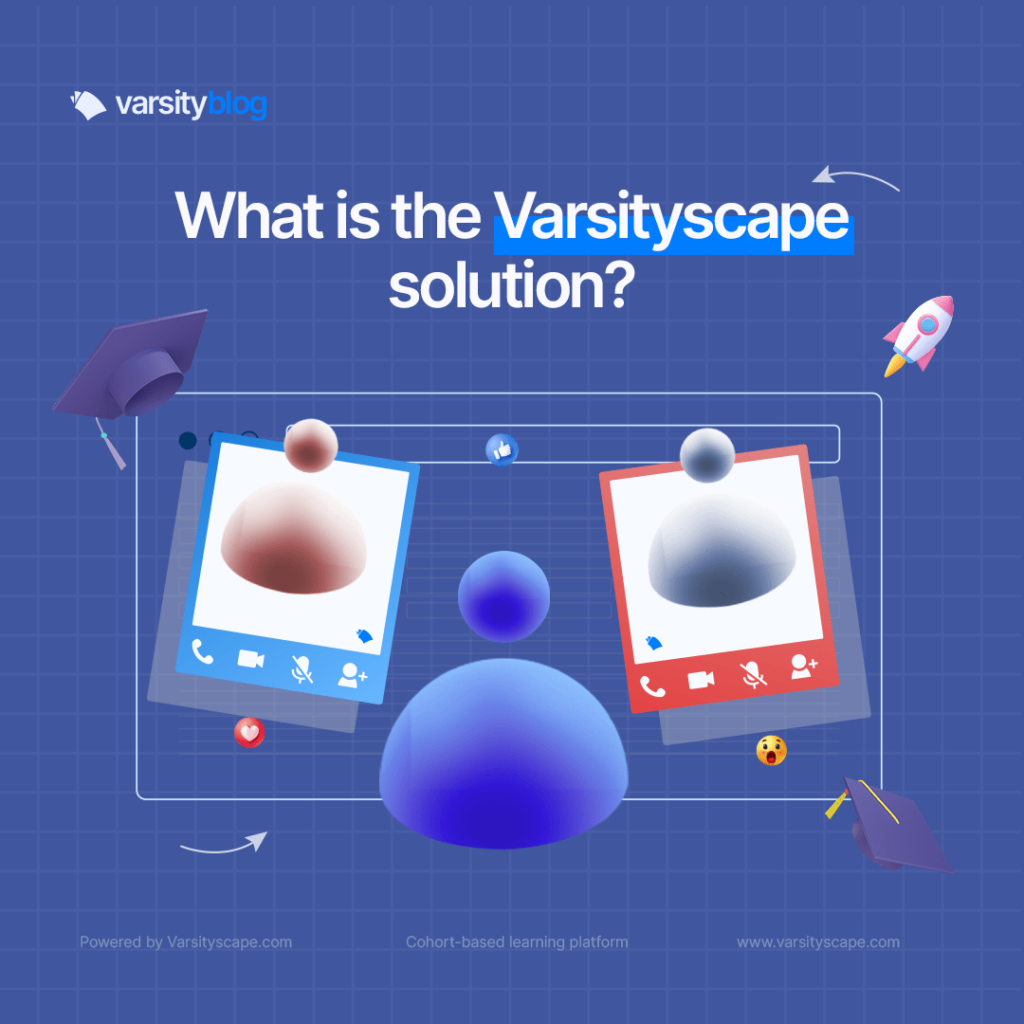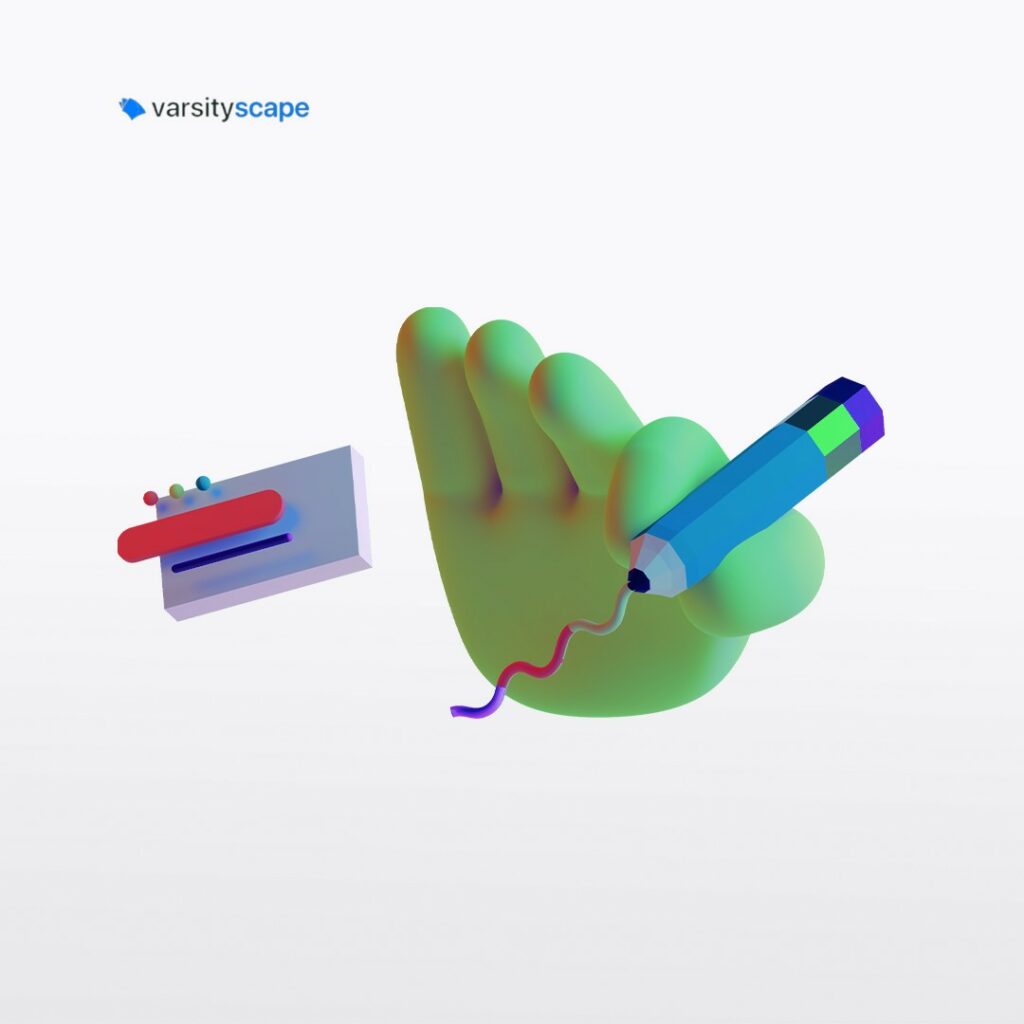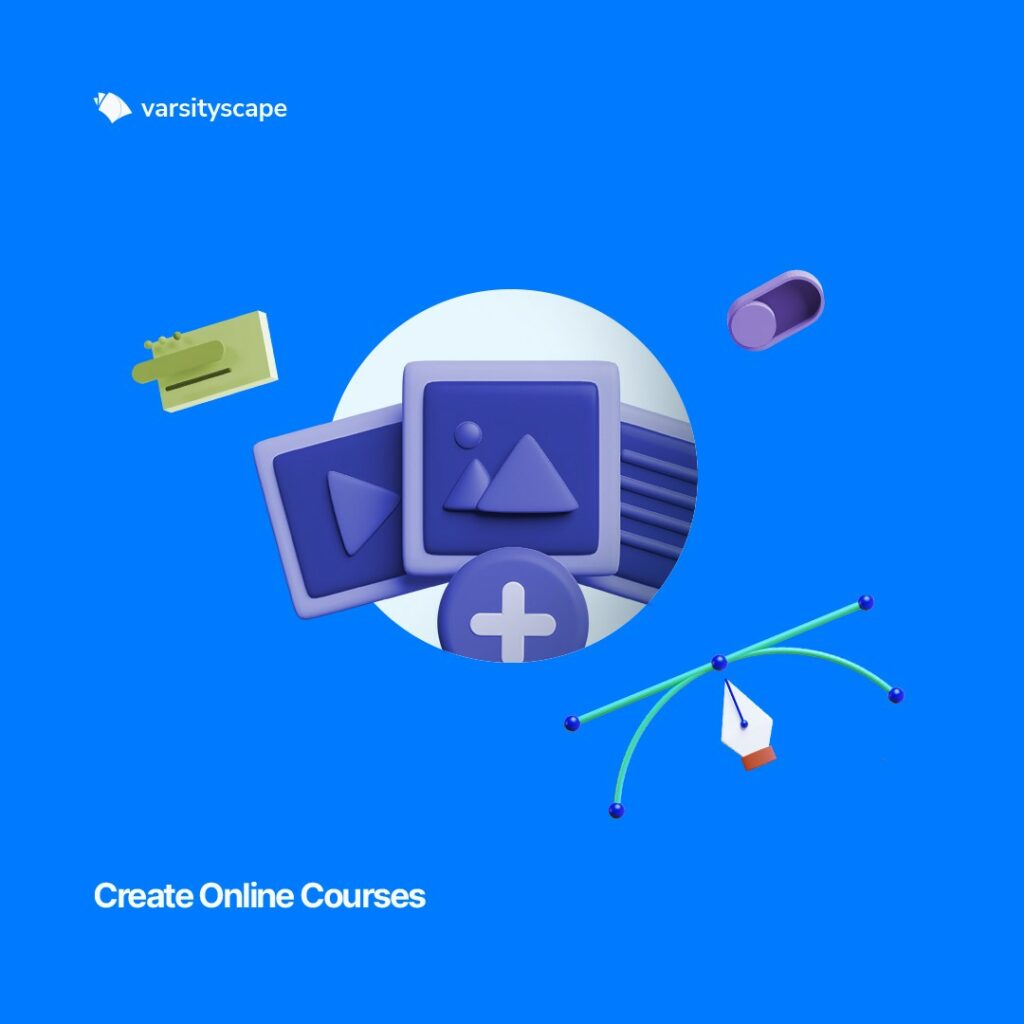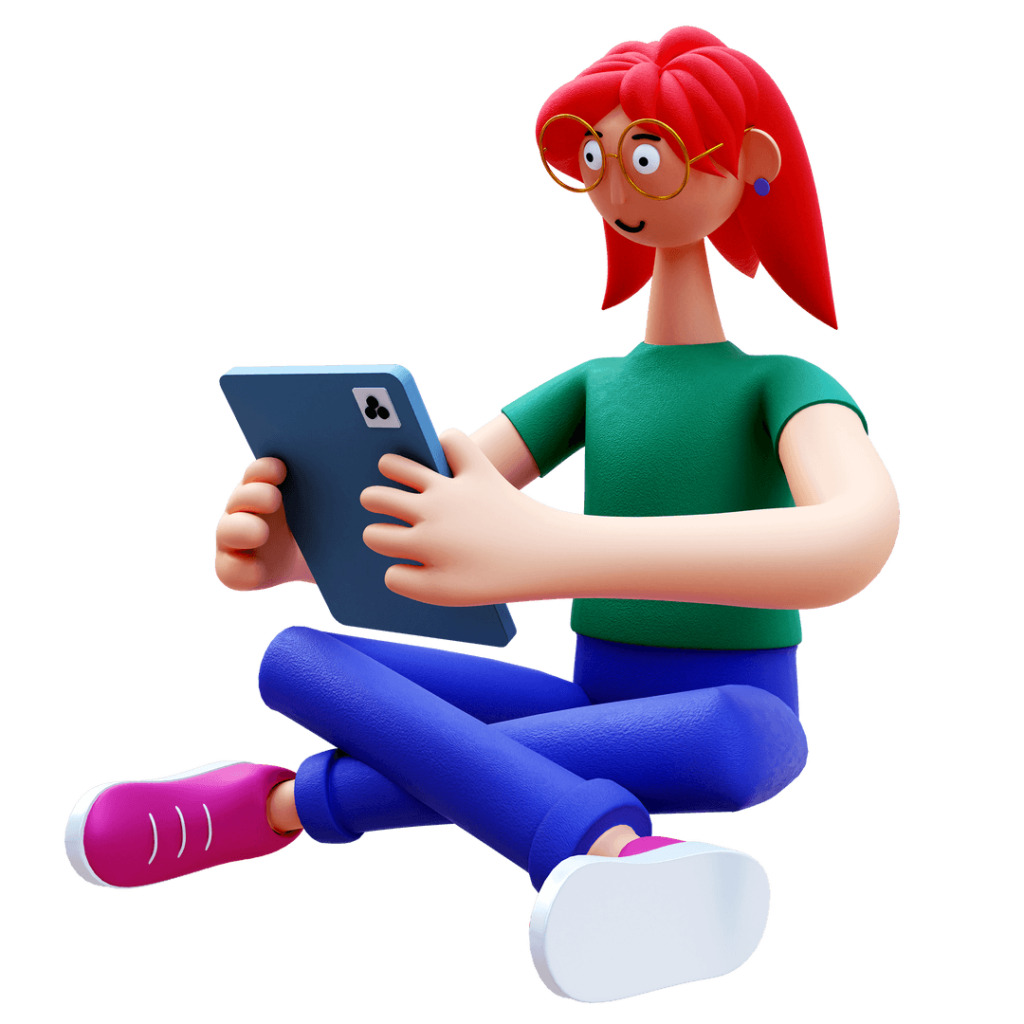In the 21st century, the impact of technology pervades every sector. From finance to communication, every aspect of the human experience has been and is being changed by technology. Education is no different.
“EdTech” broadly refers to the integration of technology in education. How this is done varies in many ways depending on the kind of technology that is being applied. In many ways, this opens up new opportunities for growth and better learning.
How is technology changing traditional education?
- Improved interaction
- Adaptability
- Collaboration
- Learning without borders
- People-centric education
Improved interaction
With the integration of technology in education, there has been a shift of attention from the curriculum itself to improving the learning experience of the students. This means that there is increased participation and interaction of the student with the learning system leading to more effective learning.
So it’s not just about throwing the knowledge at the students, but also about involving them in the learning process. Live, cohort-based learning makes it easy for everyone involved to fully participate and get involved in the learning process.
Increased Adaptability
Traditional learning systems take time to adapt. Technology is changing the world rapidly and new skills are needed for this changing world. Traditional learning systems, however, are often not designed to rapidly adapt to these changes. This means that it often takes time for emerging fields to be adapted to their curriculum.
However, EdTech provides an opportunity for students to learn relevant skills without delay. There’s less gap between evolving fields and the adaptation of the educational system to attend to these new fields.
More than ever before, students are able to rapidly learn skills as they become relevant. EdTech makes it easier for the education system to meet the rapidly evolving reality of the workplace.
Easy Collaboration
Another unique offering of education technology is its capacity for increased collaboration. Previously, collaboration was limited to only fields with hands-on, physical aspects.
EdTech solutions such as cohort-based learning systems effectively reduce the gap among students and between students and their tutors. This means that collaboration can occur more effectively than ever before while attaining important goals in good time.
No matter where they are in the world, EdTech makes it possible for students to collaborate on projects and work together to achieve learning goals. Tutors are also better able to provide their students with the tools that they need to learn effectively.
Learning without borders
For the longest time, there has often been a maldistribution of knowledge. Some certain skills were only offered in certain places and many people were often unable to learn the skills that they needed to.
This lack of access provided a barrier to learning especially for people without sufficient resources.
With the integration of technology in education, the barriers on access to education have been reduced. People no longer have to be in a specific place to learn what they want or need to. Tutors can connect with students around the world and share knowledge seamlessly.
People-centric education
EdTech is focused on the people involved in the education process. As opposed to traditional education where the curriculum forms the backbone of the experience, EdTech is focused on creating the most effective experience for both the tutors and the students
For tutors or teachers
Sharing information with their students is now much easier and seamless. Teachers can now comfortably assign tasks and monitor student progress. It’s also now much easier to communicate with your students in ways that ensure that they, as well as you, are making the most of the lesson.
For students
EdTech ensures that students are able to learn more effectively by increasing access to information and collaboration. Students can now partner with themselves for a holistic learning experience, as well as access assistance from their tutors. Wherever they are in the world, students are able to learn what they need to, whenever they need to.
